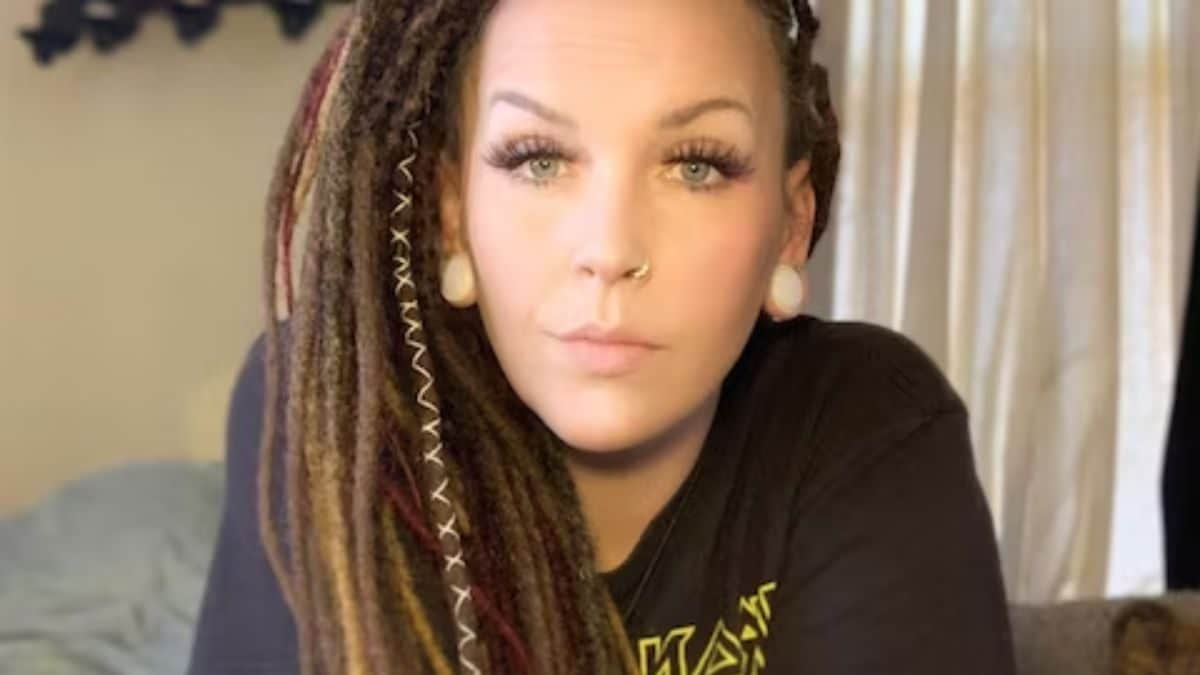Last Updated: March 11, 2024, 12:36 IST

She smokes weed thrice a day which makes her quite happy.
Cannabis and hemp can be consumed in various states of the United States of America, Canada and a few other countries.
After giving birth, many individuals often strive to relinquish their addictive habits, be it drugs, smoking, or alcohol, as these behaviours can potentially harm their children. However, one woman is challenging this conventional wisdom, asserting that her cannabis use makes her a better mother, despite facing societal scrutiny.
Britt Hibbitts, a resident of Michigan, USA, has ignited controversy by openly advocating for her thrice-daily marijuana consumption. Contrary to prevailing norms, Hibbitts contends that her cannabis usage enhances her parenting abilities. Her six-year-old daughter is reportedly accustomed to cannabis and views it as her mother’s “adult medicine,” as per media reports.
For Hibbitts, cannabis serves as a form of medication, alleviating symptoms of anxiety, depression, ADHD, OCD and insomnia. She asserts that since November 2018, when cannabis became legal in Michigan, she has relied on it for increased energy, patience, creativity and improved sleep. Notably, she refrains from smoking in her daughter’s presence.
In an interview, Hibbitts condemned the stigma attached to mothers who use cannabis, asserting that it unfairly brands them as unproductive drug addicts. She insists that cannabis users can be fully functional parents, emphasising the importance of understanding the effects of different strains on one’s body. Hibbitts finds it hypocritical that mothers who drink wine around their children are deemed socially acceptable, while cannabis use is met with disapproval. She advocates for equal treatment, suggesting that cannabis-using mothers should be able to enjoy their joints just as wine-drinking mothers enjoy their drinks.
While Hibbitts’ perspective challenges societal norms, her advocacy for cannabis use among mothers shows a broader debate surrounding drug policy and parenting. As cannabis legalisation continues to evolve globally, discussions around its impact on family dynamics and child-rearing practices are likely to persist.
In navigating these conversations, Hibbitts’ advocacy catalyses reevaluating societal attitudes towards cannabis use, parenting and individual autonomy. As public perceptions evolve, the dialogue surrounding cannabis and motherhood will undoubtedly continue to evolve as well.

